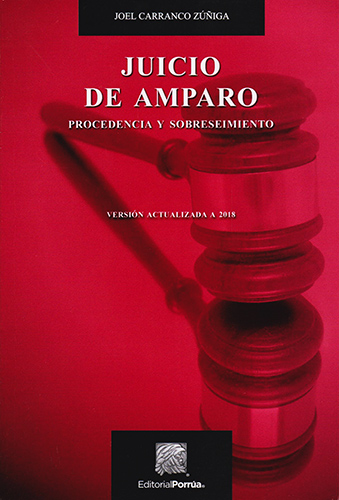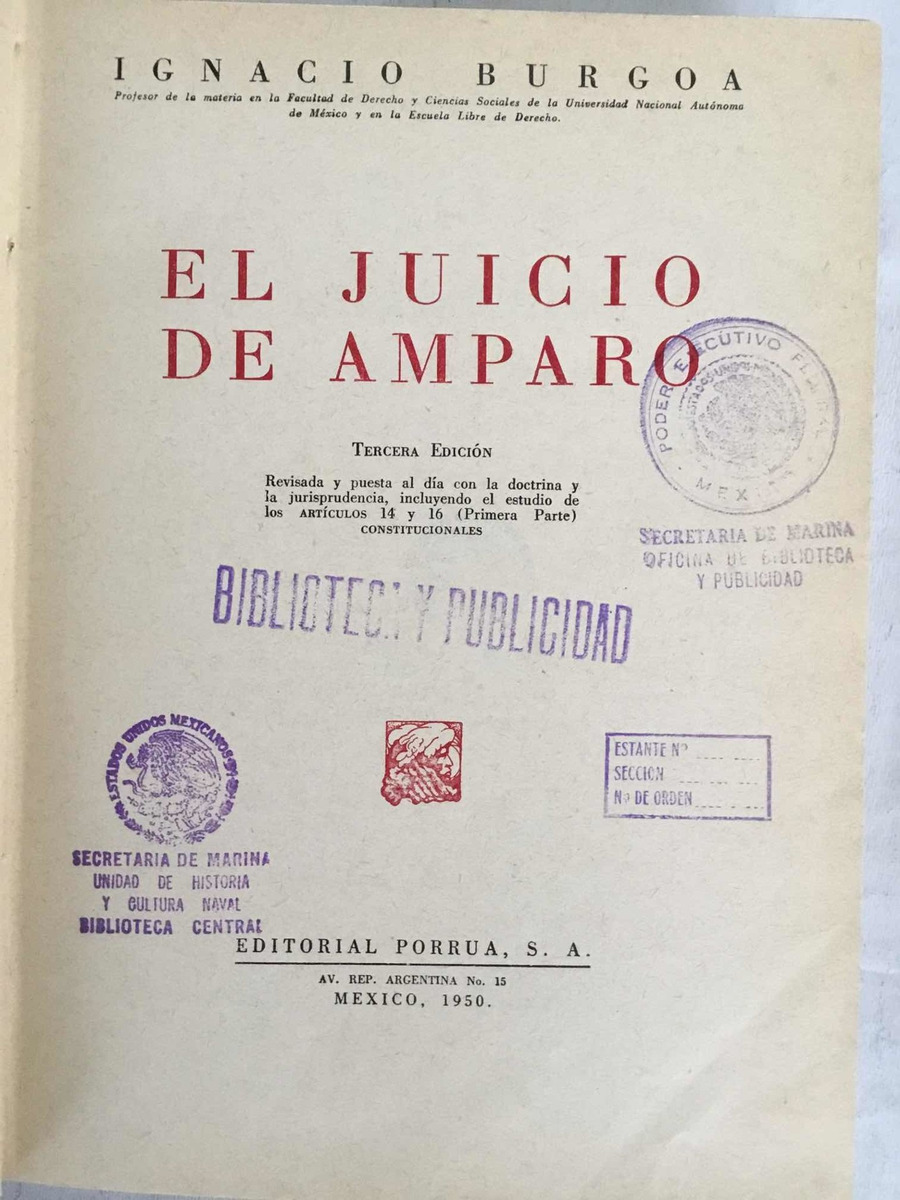
This book bridges the subfields of judicial politics and civil-military relations in a novel and persuasive way, and I highly recommend it.'ĭavid Pion-Berlin - University of California, Riverside In doing so, courts move the parties toward win-win agreements, even in the difficult context of internal security crises. ‘In this book, Julio Ríos-Figueroa skilfully demonstrates that when constitutional courts are independent, accessible and powerful, they can act as creative judicial mediators, helping to resolve conflicts between militaries and civilian governments by reducing the uncertainty and misunderstanding that often surrounds their relations. Lee Epstein - Washington University, St Louis

No doubt, both would benefit from his insights.'


On top of it all, Ríos-Figueroa is such a terrific, accessible writer that Constitutional Courts should find an audience with social scientists and members of the legal community. Ríos-Figueroa's arguments and findings are that universal - and that important to the study of law and legal institutions. 'As soon as I finished Constitutional Courts, I cited it in two papers, neither of which had anything to do with Latin America or the military. Jack Knight - Duke University, North Carolina It is a powerful example of how theory and empirics should be combined in studies of law and courts.’ ‘Combining a sophisticated approach to institutional theory with compelling case studies of the effects of constitutional courts on civil-military relations in Latin America, Julio Ríos-Figueroa achieves the uncommon - he changes the way that we think about both civil-military relations and the role of constitutional courts in the twenty-first century.

Through detailed analyses of the political context, civil-military relations, and the constitutional jurisprudence on military autonomy and the regulation of the use of force the book shows that constitutional courts can be instrumental in striking a democratically accepted balance between the exercise of civilian authority and the legitimate needs of the military in its pursuit of order and national security. The substantive focus of the book is the role of constitutional courts in democracies where the armed forces are fighting internal armed conflicts of different types: Colombia, Peru, and Mexico in Latin America and also Israel, Turkey, and Pakistan. The book proposes an informational theory of constitutional review in which constitutional courts obtain, process, and transmit information to parties in a way that reduces the uncertainty causing their conflict. This book offers a new theoretical framework for understanding the mediator role played by constitutional courts in democratic conflict solving.


 0 kommentar(er)
0 kommentar(er)
